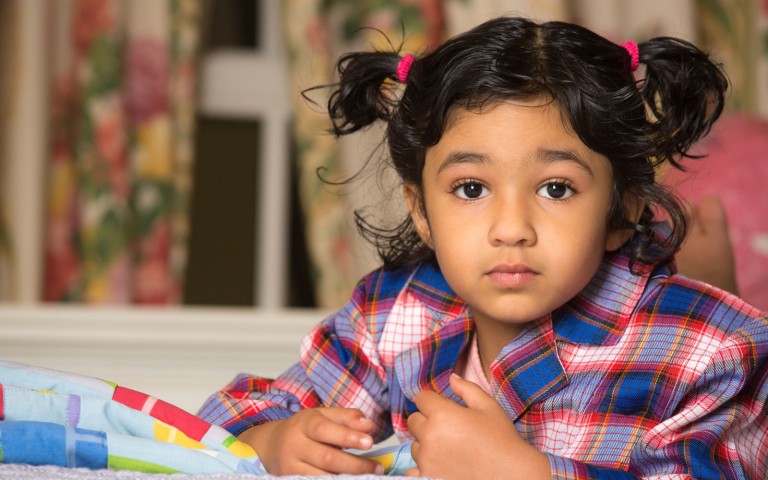
Photo: Ami Parikh
Childhood is full of ups and downs and as hard as we may try to save our kids from worry and upset, unpredictable situations can sometimes make it unavoidable. Dealing with trauma or conflict is something that everyone has to go through some time. However, it can be overwhelming for children who aren’t fully capable of handling such emotional upheavals. It is important for parents to address the situation with care and explain to the child what is happening in simple, rational terms in order to dispel any fear or doubts they may have formed in their minds.
As reported by Times of India, Jane Evans, a UK-based trauma parenting specialist who was speaking in Mumbai, advised parents that ignoring a trauma “can make your child’s brain operate on survival mode, sensing threat everywhere thereafter.” Children are more likely to express themselves through behaviour, rather than voicing their feelings. Some kids cope by trying to please everyone and sacrificing their needs. Others overreact to minor incidents. “A tiny cut on a finger, that shouldn’t get more than a few minutes of attention, will exaggerate in their trauma-induced minds and feel like a catastrophe,” she said.
A death in the family is one of the most serious traumas a child can endure. They may go through a series of emotions, becoming reclusive and anxious one moment and easily angry during another. Preschoolers may not be able to grasp the finality of death. However, by addressing the issue in an honest and sensitive way, you can help your children cope and feel reassured that they can turn to you if they have any questions or worries about the topic.
A separation or divorce is another major event that could cause turmoil in your child’s life, especially when parents are not on good terms and child custody agreements get messy. Try and keep your child out of the nitty-gritty surrounding the divorce but don’t put the topic off-limits all together. Your child should be able to ask questions about what is happening in his family life without getting any answers that contain bias, bad-mouthing or hidden agendas.
Children can also be severely affected by accidents, especially if they were particularly violent or painful. In addition to the physical pain, feelings of fear, helplessness and panic can have a long-lasting negative effect on kids. If your child seems withdrawn, is suffering from nightmares or other unusual behaviors, it’s important you make them feel safe and secure. Talk to them about the incident and help them to realize that they are no longer in that kind of situation situation, so that they are less fearful of things that could be a reminder such as news reports or the location of the mishap.
The most important aspect to remember when dealing with childhood traumas is to be communicative and honest with your child and offer them a safe place to voice their concerns and feel secure. Take time to talk to your child regularly so that you build and maintain their trust.
Share your thoughts, leave a comment below. Please like FamiLife’s page on Facebook so that you get all our articles and others may find us.
